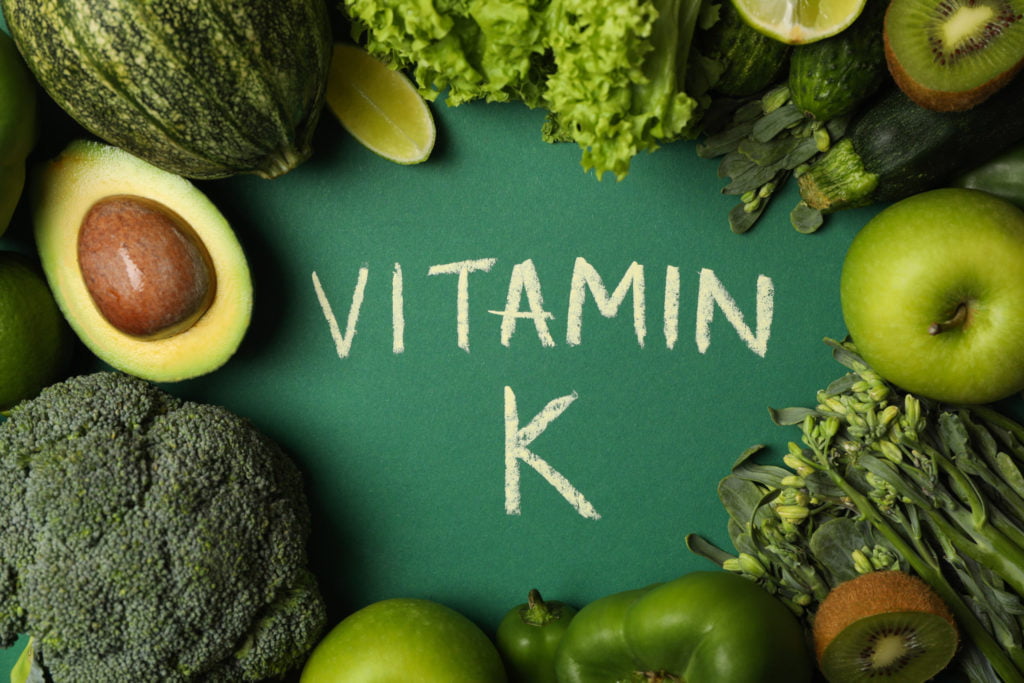We all know that vitamins are essential for good health, but many of us don’t know about all of the different types of vitamins and their specific benefits. There are thirteen essential vitamins that our bodies need to function properly.
These vitamins can be divided into two categories: water soluble and fat soluble. The water soluble vitamins (vitamins B and C) are mainly responsible for energy production and healthy skin, hair, and nails. The fat soluble vitamins (vitamins A, D, E, and K) are necessary for the absorption of nutrients, maintaining bone health, and blood clotting.
Some of the most important vitamins and their benefits include:
- Vitamin A is important for healthy skin, hair, and nails, and it also helps to maintain good vision.
- Vitamin B is essential for energy production and supports a healthy nervous system
- Vitamin C is necessary for collagen production, wound healing, and healthy skin
- Vitamin D is essential for strong bones and teeth, and helps the body to absorb calcium.
- Vitamin E is a powerful antioxidant that helps to protect cells from damage.
- Vitamin K is necessary for blood clotting and healthy bones.
It is important to make sure that you are getting enough of all of the essential vitamins in your diet, and if you are not sure whether you are, then you should talk to your doctor about taking a vitamin supplement. A balanced diet that includes plenty of fruits and vegetables should provide you with all of the vitamins you need, but if you are not eating enough of these foods, or if you have a medical condition that affects your vitamin absorption, then a supplement may be necessary.
The Basics of Vitamin K

Vitamin K2, in particular, is a lesser-known but incredibly important vitamin. There are many benefits of vitamin K2, which is why it is important to make sure you are getting enough of it in your diet, or taking a supplement like Thorne K2. Some of the key benefits of vitamin K2 include improving heart health, helping to prevent cancer, reducing the risk of bone fractures, and improving cognitive function.
Vitamin K2 is particularly important for heart health, as it helps to keep the arteries clear and functioning properly. It also helps to keep the blood flowing smoothly, which can help to reduce the risk of heart attack and stroke. Additionally, vitamin K2 can help to prevent calcification of the arteries, which can lead to serious heart problems.
Cancer is another disease that can be impacted by vitamin K2. Vitamin K2 has been shown to help reduce the risk of cancer, particularly breast cancer, prostate cancer, and colon cancer. It does this by inhibiting the growth of cancer cells and helping to prevent the formation of new tumors.
Bone health is another area where vitamin K2 can be beneficial. Vitamin K2 helps to promote bone growth and reduce the risk of bone fractures. It does this by helping to promote the absorption of calcium and by inhibiting the activity of osteoclasts, which are cells that break down bone.
Finally, vitamin K2 can also improve cognitive function. This is because vitamin K2 helps to protect the brain from damage and improve the function of the hippocampus, which is responsible for memory and learning.
Getting Enough Vitamin K

Vitamin K2 is mainly found in animal products, such as meat, eggs, and dairy. It is essential for blood clotting and helps keep bones healthy. Vitamin K2 is also important for heart health, as it helps keep the arteries clear and prevents the build-up of plaque.
If you’re not getting enough Vitamin K2 from your diet, you may want to consider taking a supplement. Vitamin K2 is available in both pill and liquid form, and is relatively easy to find.
So, what are you waiting for? Start incorporating more Vitamin K2 into your diet today and enjoy all of the amazing health benefits it has to offer!


